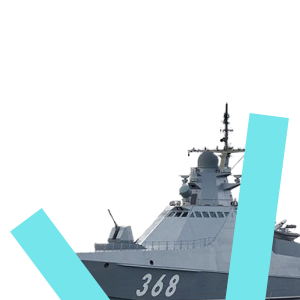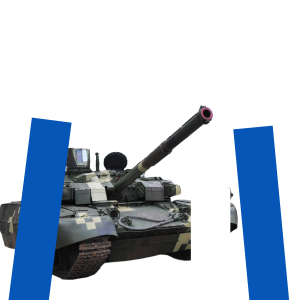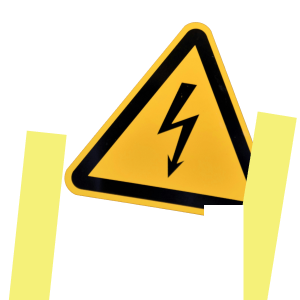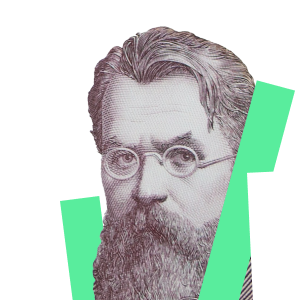How did the parliament work for the first six months of the full-scale invasion?
The full-scale invasion changed the lives of all of us, and we all experienced the shock of February 24. It was difficult to imagine how the Parliament would continue to function when work in the VRU was directly related to the threat to life for everyone, including MPs. However, the constitutional majority of MPs continued to work, and the Verkhovna Rada continued to function. Regardless of the decisions made, the fact that Parliament continued to operate during full-scale war is an achievement. However, we discovered some other features of the first half of the parliamentary work in wartime conditions.
In particular, even during martial law, there was a tendency to decrease the number of registered draft laws, which indicates a decrease in legislative spam. But what sets this session apart is the amount of legislation passed.
The Verkhovna Rada adopted 229 laws during the 7th session, a record for all convocations. The obvious reason for this is the need for urgent adaptation of legislation to the realities of a full-scale war, and it speaks of a relative consensus regarding the adopted laws. Also, during half a year of war, the President transferred the legislative role in forming internal policy to the Government and MPs while he submitted the ratifications or approval of decrees.
During this session, we saw an actual “turbo mode” because, in addition to a record number of adopted laws, we observed a significant decrease in the time for processing and passing draft laws.
Three factors can explain this:
- political consensus (especially on issues of defence and security, immediate response to the realities of full-scale war);
- security threat during meetings;
- no online broadcasts.
In this way, a full-scale invasion interrupted the trend of increasing the time draft laws pass from registration to adoption at all stages of this passage. The invasion seemed to reset a large part of the agenda. The main concern of the MPs was adaptation to new realities.
It is also interesting that for the first time during the 9th convocation of this session, a draft law was registered, for which the Committee on Freedom of Speech is the main committee.
But there is also a negative side – the share of violations has increased. Procedures for consideration of 2/3 of all laws had violations. Of course, the increase in the number of violations can be justified by a full-scale war, the need for urgent legislation adaptation and the parliament’s extraordinary working conditions. Despite the turbo regime and a large share of violations, these violations are still less than during the first two sessions of their convocation.
Read more about the work of the Verkhovna Rada during the full-scale war in our monitoring.
This monitoring was prepared with the financial support of Sweden.














